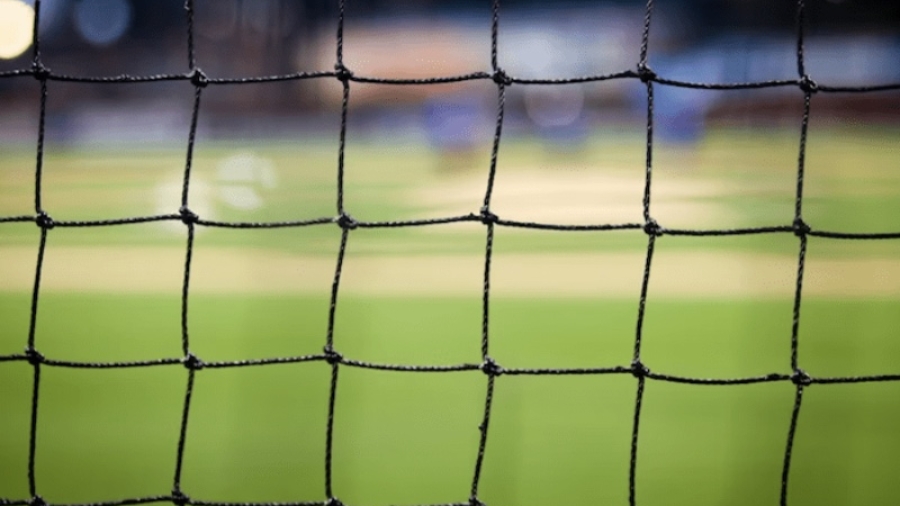Having braces and playing sports don’t seem to go well together — at least, that’s what most people think. In reality, this isn’t the case. While mouth and head injuries can be common in some contact sports, athletes don’t have to change their entire sports track to accommodate braces.
If you or your teenager is in this situation, precautions are needed. But you don’t have to let braces keep you from enjoying the sports you love. There are simple steps you can take to keep your teeth and braces safe.
Will Braces Hinder Participation in Sports?
As mentioned earlier, orthodontics have minimal impact on sports. Just because an athlete has braces doesn’t mean they must stop playing sports or switch to a less aggressive sport. However, taking extra precautions to protect the mouth while participating in physical activity is essential.
A critical concern for athletes with orthodontics is the potential for oral injuries. The brackets and wires can cause cuts or other damage to the cheeks, lips, and tongue if the athlete experiences a blow to the face. These injuries can inflict severe pain and may require additional orthodontic treatment to repair.
However, wearing braces shouldn’t prevent someone from participating in sports. The best way to avoid any potential injuries is to use protective gear.
Possible Injuries from Playing Sports with Orthodontia
Playing sports while wearing braces can carry certain risks due to the potential for impact or trauma to the mouth and face. Most are minor. Some possible injuries that can occur include:
- Broken Brackets or Wires: Impact during sports can cause brackets or wires of the braces to break, leading to discomfort and requiring repair.
- Gum Injuries: The gums can get bruised or injured if hit directly during physical activity.
- Tooth Fractures: Although rare, a strong impact on the face can lead to tooth fractures, however this can occur with or without braces present.
- Jaw Injuries: Blows to the face can also cause jaw injuries or fractures. Again, this can occur with or without braces present.
To minimize these risks, wearing a mouthguard explicitly designed for braces during sports activities is recommended. This protective gear can help protect the braces and reduce the chance of injury to the mouth and teeth.
The Importance of A Mouthguard in Sports
Athletes from different sports have used a mouthguard to protect their teeth during games or practices by minimizing the trauma around the jaw and oral area. Orthodontists recommend two types of mouthguards for athletes in contact sports:
- Traditional Mouthguards: This type of mouthguard consists of a thermoplastic material molded to fit the athlete’s teeth and braces. It’s generally more affordable, but athletes may feel uncomfortable wearing it due to its bulkiness.
- Custom-Fitted Mouthguards: These mouthguards are custom-made by an dental professional using impressions of the athlete’s teeth and braces. These guards provide a better fit, comfort, and protection than traditional mouthguards but are more expensive.
While a traditional heat-and-fit mouthguard would suffice to protect an athlete’s braces, it’s always best to consult with your orthodontist for a custom-fitted mouthguard.
Steps To Take in Case of an Injury
If an athlete with braces sustains an oral injury, acting swiftly and cautiously is vital. Here’s what you need to do if you or your child sustains an oral injury:
- Assess the Situation: Quickly evaluate the extent of the injury. Look for any bleeding, swelling, or damage to the braces or teeth.
- Check for Bleeding: If bleeding occurs, use a clean cloth or gauze to apply gentle pressure to the affected area. Avoid using excessive force, especially around the braces.
- Inspect the Braces: Examine the braces carefully to see if any wires or brackets are damaged or sticking to the gums or mouth.
- Rinse the Mouth: Have the athlete rinse their mouth gently with warm salt water. Rinsing can help clean the area and reduce the risk of infection.
- Seek Dental Care: Contact the athlete’s orthodontist or dentist immediately for further guidance. Describe the nature of the injury and follow their advice carefully.
It’s essential to act promptly and involve dental professionals when an athlete with braces experiences an oral injury to ensure proper treatment and prevent complications.
Play With Precaution
If you or your child just got their braces, it’s understandable to be cautious about playing sports. However, with proper precautions and protective gear, you or your child can continue participating in physical activities without worry. A snug-fitting mouthguard designed for braces and proper instruction from an orthodontist can help keep teeth and braces safe while enjoying sports.
Schedule Your Appointment Today
If you need to explore options for braces after a sports injury, or you need help navigating orthodontic treatment as an athlete, we can help. Call our team at Bay Area Orthodontics today to schedule an appointment and get the best treatment for your smile!

